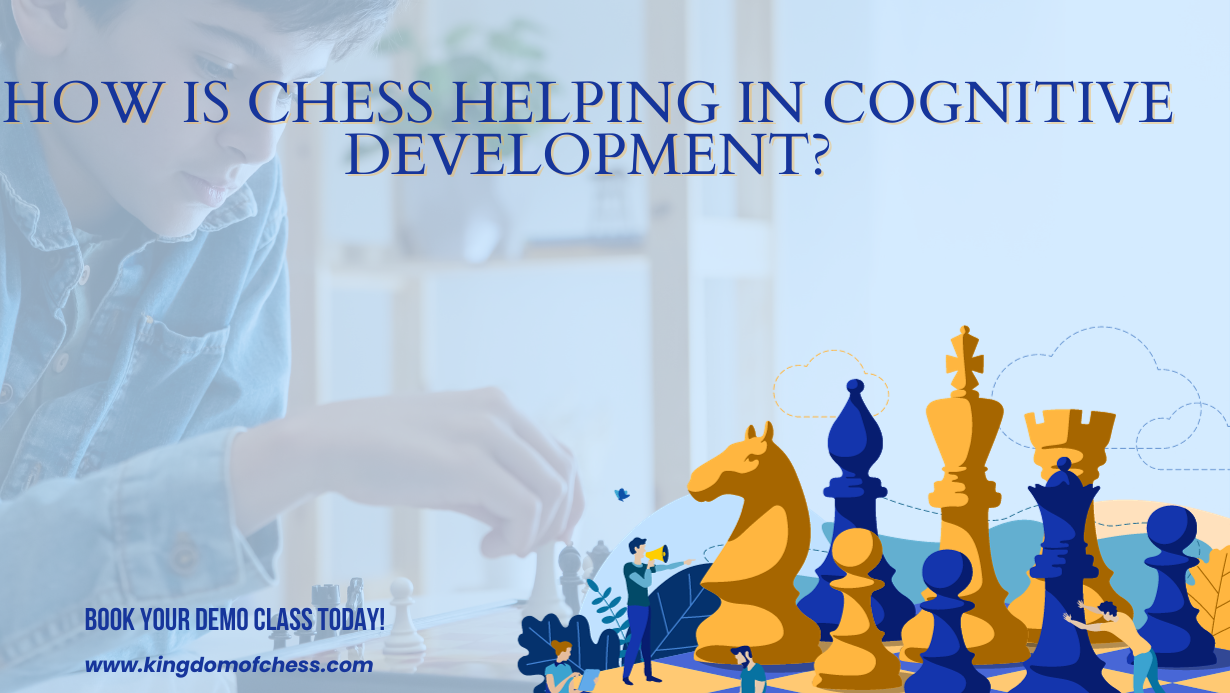Role of Chess in Cognitive Development
Chess, often seen as a game of strategy and intellect, goes beyond just entertainment. The intricate complexities involved engage the mind in ways that far exceed mere entertainment. Studies show that chess can boost cognitive skills, enhance problem-solving abilities, and even raise IQ. Let’s explore the fascinating connection between this classic game and the developing mind.
Sharpens Your Thinking
Chess demands dynamic decision-making grounded in logical reasoning. Each move requires calculating angles of attack and defense while holding your opponent’s strategy in mind. This engages and strengthens skills like working memory, pattern recognition, and critical analysis. As a result, chess improves overall sharpness and acuity.
In fact, research indicates that practicing chess enlarges areas of the brain devoted to visual memory, which drives improvement in processing and problem-solving. In children, regular play has been linked to higher academic performance in math, reading, and science. Clearly, the thinking encouraged by chess carries over into broader intellectual benefits.
Boosts Problem-Solving Abilities
The essence of chess lies in encountering obstacles and finding creative solutions. Each game presents unique puzzles to decode and advantages to leverage over your adversary. As such, chess offers a gym for exercising and sharpen your problem-solving skills.
The game constantly forces you to look beyond the obvious, broaden perspectives, and identify optimal solutions among alternatives. Research confirms that chess helps develop the frontal lobe, which handles complex cognition and evaluating new ideas. Mastering chess requires excelling in problem-solving at increasing levels of difficulty.
Teaches Discipline and Patience
Chess demands rigorous self-control and resilience. Impulsive reactions lead to poor moves and lost games; victory goes to the patient player. During matches, you must maintain total focus, often for hours, while remaining mentally flexible and open to new strategies as the game unfolds.
Regular practice instills discipline and emotional control. Children learn how to think before acting, manage frustration, and objectively review their own performance. These mental skills apply well to academic endeavors, social interactions, and coping with life’s challenges. Chess delivers a holistic workout that strengthens character and maturity.
Fosters Planning and Foresight
Chess is a game of anticipating multiple future possibilities. To excel, you must survey the board, envision how moves by you and your opponent can unfold, and plan accordingly. Every decision should further your strategic goals as the game progresses toward checkmate.
This ability to generate structured plans while holding hypotheticals in mind is integral to success in fields like business, research, and engineering. Studies indicate that online chess training helps develop the frontal and parietal lobes responsible for planning and foresight. Kids who play chess have shown enhanced school performance in these areas.
Improves Your IQ
Measured IQ tends to intensify with chess mastery. One Venezuelan study reported that 4- to 17-year-olds who took chess lessons for 4 months showed remarkable average IQ gains of 19 points. Such intellectual acceleration appears unique to chess compared to other skill-building activities.
While the sport may simply attract innately talented individuals, research suggests chess itself strengthens neural connections and mental efficiency. Students who play chess have demonstrated higher IQ test results, especially in domains like spatial awareness and abstract reasoning. One study revealed that chess players had exponentially more powerful logical reasoning abilities.
The Takeaway
In conclusion, chess clearly develops cognitive abilities and enhances problem-solving skills. The mental discipline required in chess pays dividends in boosting concentration, visualization, orderly thinking, working memory, pattern recognition, and goal setting. By regularly practicing and playing chess, individuals can enjoy a range of lifelong cognitive benefits.



